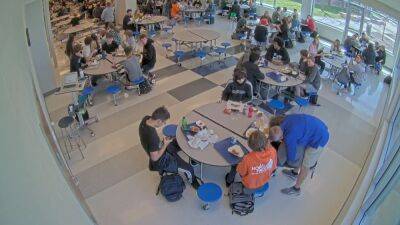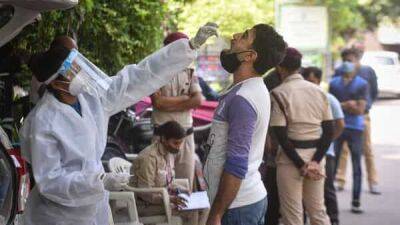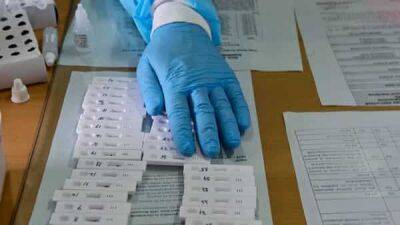COVID-19 Scan for Apr 08, 2022
COVID-19 test-to-stay strategies safe, effective for studentsA study today in Pediatrics suggests a test-to-stay (TTS) strategy, as opposed to quarantine, was a safe and effective tool for Massachusetts public schools for the 2021-22 school year, as it was associated with both limited COVID-19 transmission and increased in-person learning days for students.The TTS program required all students exposed to a COVID-19 case in the classroom to use a rapid antigen test for 7 days following the last exposure date.
If the test was negative, students could remain in school. The program was opt-in, and for students who chose not to participate, an exposure resulted in at-home quarantine for at least 7 days following any in-school close contact if the student was not fully vaccinated.A total of 2,298 schools signed up for TTS, and during the first 13 weeks of the program (September to December 2021) 1,959 schools used TTS for 102,373 individual, exposed students.
Out of 328,271 tests performed, 2,943 positive cases were identified, for a per-person positivity rate of 2.9%, similar to during mandatory quarantine the year before.The authors said the TTS program resulted in a minimum of 325,328 and a maximum of 497,150 days of in-person school for participants that could have been lost to quarantine.While the study results were encouraging, a commentary in the same journal argued that TTS may not work for under-resourced schools and students.
The authors are John Neatherlin, MPH, and Lisa Barrios, DrPH, ScM, of the Centers for Disease Control and Prevention, and Ebony Thomas, MPH, of Emory University."If TTS participants must seek testing in the community, barriers including out-of-pocket costs, transportation logistics, and access
Read more on cidrap.umn.edu















































